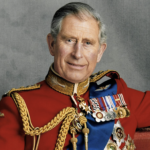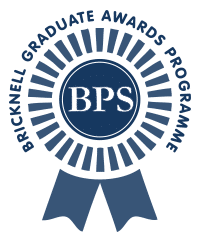The Monarchy
The Monarchy
The role of the Monarch
The King (or Queen) opens Parliament at least once a year with The Kings’s (or Queen’s) Speech.
This is the only regular occasion when the Monarch, the House of Lords and the House of Commons meet.
The Monarch’s other main duties are:
- To make official State visits abroad and to welcome other world leaders to Britain.
- To represent the country at times of joy or sadness.
- To travel the country visiting hospitals, schools and factories.
The Monarch is also Head of the Armed Forces and Head of the Church of England.
The Past Five Monarchs:
- Charles III September 8th 2022 – Present
- Elizabeth II 6th February 1952 – 8th September 2022
(70 years, 214 days) - George VI 11th December 1936 – 6th February 1952
(15 years, 58 days) - Edward VIII 20th January 1936 – 11th December 1936 (Abdicated after 326 days)
- George V 6th May 1910 – 20th January 1936
(25 years, 260 days) - Edward VII 22nd January 1901 – 6th May 1910
(9 years, 105 days)
Next in line to the throne is currently William, Prince of Wales.
The Christmas Broadcast, 1957
Opening of The London 2012 Olympic Games
Learning resources
Example Questions
Graduate Award links:
Pupils who wish to become Graduates in the available study topics can elect to study at home and in school during their own time, taking the Graduate Test when they know they are ready.
Upon graduation, they will receive a badge which they can wear on their school uniform with pride.
This will further demonstrate to their peers, parents, visitors and the wider community just how dedicated they are to their studies.



